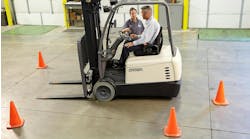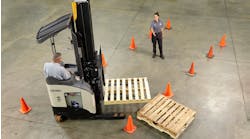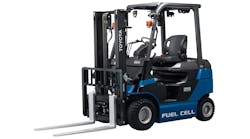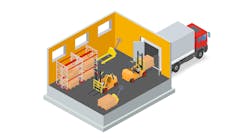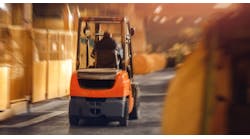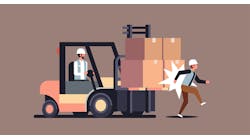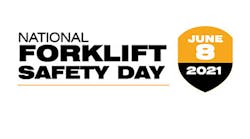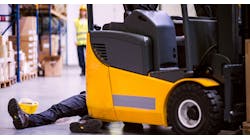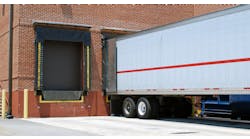The Propane Education and Research Council (PERC) states that 60,000 propane powered forklifts were sold last year. With all of those owners you would think propane would be well understood. That’s not always the case, especially when you have so many young, inexperienced operators entering the workplace. Proper ongoing training on this equipment is often an afterthought, falling victim to oversheduled workplaces.
Many smart companies, understanding the hazards associated with untrained use of propane, leave hazardous operations like tank refilling up to their suppliers. After MH&L’s recent webcast on the The Top Ten Enemies of Forklift Safety in Your Operations, our presenter, Jim Shephard, of Shephard’s Industrial Training Systems, received this question from one of the attendees:
Safety requirements do not allow us to refill LP Tanks; we contract this out and exchange them. What do you think of this practice?
Jim answered:
“There is nothing wrong with this practice, just make sure your provider is supplying you with up-to-date tanks that they are in good condition. Sorry, trust no one… when it comes to liquid fuel, check it out during the pre-use inspection and when you pick up a new tank. Make sure to keep the empty tanks and full tanks separate. The fuel gauge on the tank will give you an idea of how much is left in the tank and how long it will last. If it’s almost empty, change the tank."
This gallery is dedicated to inspiring respect for the power of propane—both the dangerous aspects and the amazing productivity that can result from its proper use. Enjoy this review of propane’s potential.
For a tour through our other video and image galleries, see MH&L's BEST & WORST Caught on Video.
